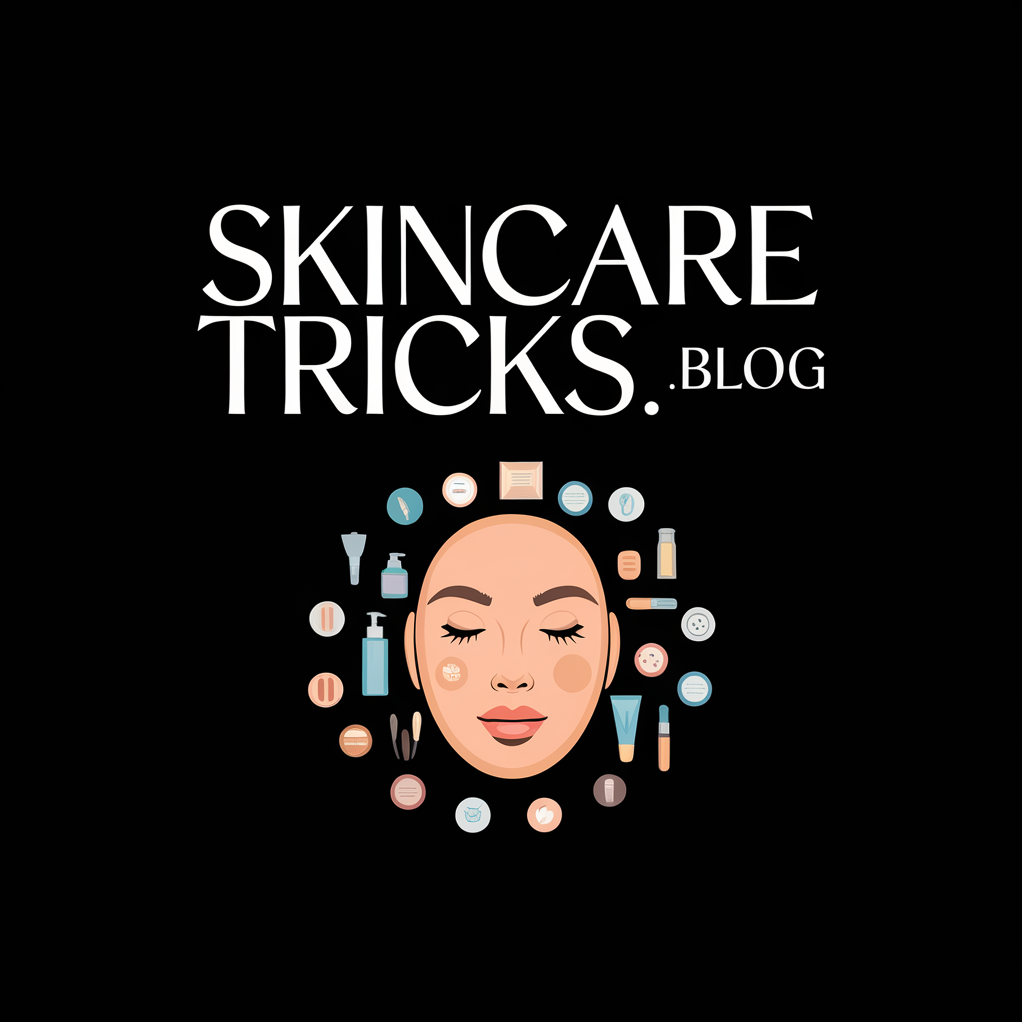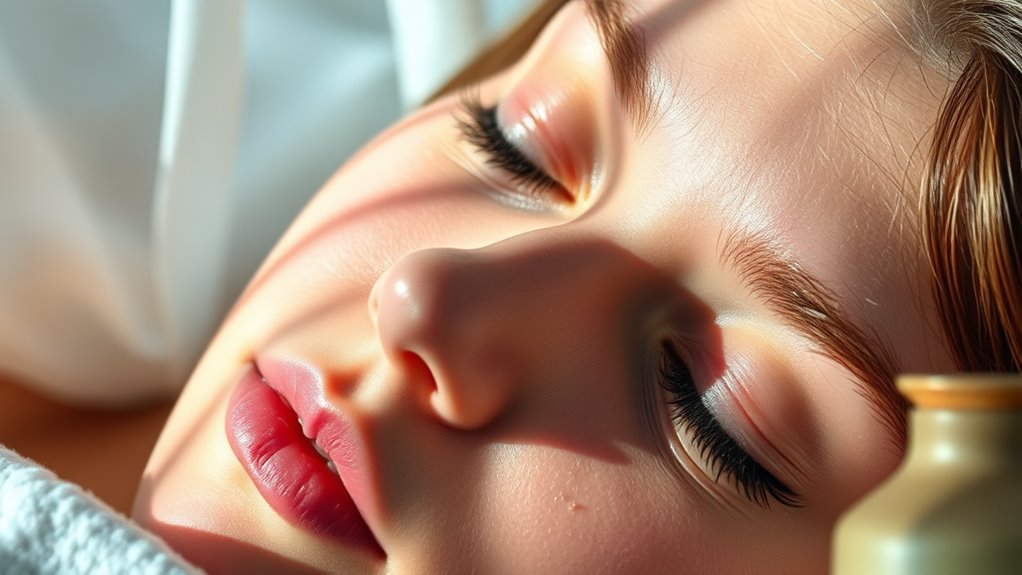The Skin Benefit You’re Missing When You Don’t Sleep Enough
You might not realize how closely sleep and your skin’s health are linked. When you skimp on sleep, you’re not just skipping rest; you’re also depriving your skin of essential repair processes. This neglect can lead to a host of issues, from dullness to increased signs of aging. Understanding this connection may reveal what your skin truly craves. So, what happens when you start prioritizing sleep?
The Science Behind Sleep and Skin Health
Quality sleep helps your body repair and regenerate skin cells, leading to a radiant glow. During sleep, hormone levels stabilize, promoting collagen production and reducing inflammation. Lack of sleep can lead to decreased collagen levels, resulting in dull skin and increased stress. Prioritizing restful sleep is crucial for achieving skin vitality and maintaining your natural beauty.
How Sleep Deprivation Affects Your Complexion
Sleep deprivation significantly undermines your complexion, revealing the immediate effects of poor rest.
When you don’t get enough sleep, your skin can appear dull and lifeless, often leading to dark circles and puffiness around your eyes.
Moreover, stress hormones like cortisol rise, which can exacerbate inflammation and breakouts.
These changes compromise your skin’s overall health, making you look tired and older. Additionally, lack of sleep can impede collagen production, essential for maintaining a youthful and vibrant appearance.
The Role of Sleep in Skin Repair and Regeneration
When your body enters deep sleep, it triggers essential processes that support skin repair and regeneration. During this phase, collagen production increases, inflammation decreases, and cell turnover accelerates. These mechanisms work together to heal damaged skin and improve overall texture. Moreover, hormonal peaks during sleep such as melatonin and growth hormone play a vital role in enhancing skin vitality.
| Process | Effect on Skin | Importance |
|---|---|---|
| Collagen Production | Enhances elasticity | Minimizes wrinkles |
| Inflammation Reduction | Smoother complexion | Reduces redness |
| Cell Turnover | Brightens skin tone | Promotes youthfulness |
Importance of Sleep Quality for Radiant Skin
The quality of your sleep significantly impacts your skin’s appearance and health.
During deep sleep, your body produces collagen, reducing fine lines and promoting elasticity.
Poor sleep disrupts hormonal balance, increasing stress levels that can lead to breakouts.
Moreover, inadequate sleep hinders blood flow, depriving your skin of essential nutrients.
Prioritizing quality rest is crucial for achieving that radiant, youthful glow you desire. Additionally, ensuring a consistent sleep schedule helps maintain skin’s moisture barrier, which enhances hydration and youthfulness.
Tips for Enhancing Your Sleep Routine
Enhancing your sleep routine can significantly improve the quality of your rest and, by extension, your skin health.
To optimize your sleep, establish a consistent bedtime, limit screen time before sleep, and create a calming environment. Consider using blackout curtains and maintaining a cool room temperature.
Prioritizing relaxation techniques, such as meditation or deep breathing, can also facilitate deeper, more restorative sleep cycles. Furthermore, aiming for seven to nine hours of sleep can enhance skin repair processes crucial for maintaining a youthful appearance.
Other Lifestyle Factors That Impact Skin Health
Many factors beyond sleep play crucial roles in your skin health.
Nutrition greatly impacts skin vitality; a diet rich in antioxidants helps combat aging.
Hydration maintains skin elasticity while stress contributes to breakouts.
Regular exercise boosts circulation, delivering oxygen and nutrients.
Lastly, sun exposure can lead to premature aging—sunscreen is essential.
Addressing these elements can enhance your overall skin appearance and health. Additionally, preventive measures such as maintaining hydration and quality sleep can significantly reduce the appearance of dark circles.

